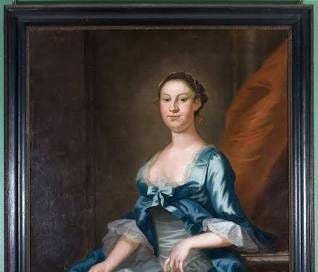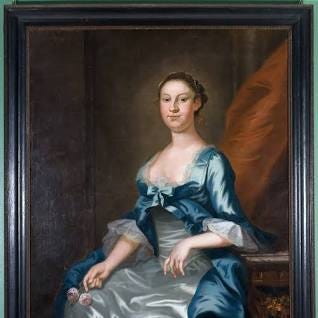About Those Experts Who Wrote Florida's African American History Standards
The experts should take some history classes
Very little of what follows is original with me, but I feel this is a very important piece of the Florida African American History standards story to amplify. In brief, Vice President Kamala Harris brought Florida’s new African American history standards into national view by criticizing a specific section of the standards which reads:
Examine the various duties and trades performed by slaves (e.g., agricultural work, painting, carpentry, tailoring, domestic service, blacksmithing, transportation).
Benchmark Clarifications: Clarification 1: Instruction includes how slaves developed skills which, in some instances, could be applied for their personal benefit.
One of the members of the standards working group, University of Michigan professor William Allen, said Harris was wrong in her characterization. He claimed that this section of the standards simply points out the resilience of slaves. For his part, Florida Governor Ron DeSantis defended the standards, calling the authors scholars and referred specifically to the benefit of learning to be a “blacksmith.”
The standards themselves could be worse, but to me, they seem to whitewash the horror of slavery. The benefit benchmark section is a case in point. The wording places the emphasis on slavery as skill development and personal enhancement. Surely, there is some other way to frame this. How about telling students that slaves adapted to inhumane conditions by learning whatever they could to survive?
The narrative is one which seems to me to lean away from the awfulness of the history. The reason for this may be that the members of the revision committee may have been chosen for their ideological positions and not their historical expertise. Evidence of that has come via a great bit of fact checking from an anonymous Twitter user: Alexander-Sex Critical. For the context, see the image below which contains claims from Dr. Allen and an additional member of the Florida committee, Francis Rice, about people they said were slaves who gained skills while enslaved.
This tweet from the FL Department of Education was probably designed to quell criticism of the section about “personal benefit” mentioned by VP Harris. However, it has clearly backfired, in part thanks to Alexander. In a lengthly Twitter thread, Alexander demonstrated how most of the so-called former slaves who allegedly benefited from slavery were either not slaves or not in the fields attributed to them. The errors are devastating (read the thread in one place here).
Because I don’t normally trust anonymous accounts on Twitter, I checked out the people named by Allen and Rice in the press release myself and Alexander is on point.
Here is an example. Allen and Rice named Ned Cobb as an enslaved person who learned to be a blacksmith while a slave. In fact. Cobb was born in 1888, long after emancipation, and thus was never enslaved. I can’t find any record of him being a blacksmith. He was a farmer and activist.
A funny one is Betty Washington Lewis. Unless Allen and Rice know of another one, this apparently is George Washington’s sister — not African American, never a slave, never a shoemaker.
As far as I can tell only one of the people, Elizabeth Keckley, may actually weakly illustrate their point. Almost all of them didn’t learn whatever they knew or did while they were slaves. Many of them weren’t slaves. Marietta Carter is one name which Alexander couldn’t find. The only Marietta Carter I could find was a young woman who was martyred as a Mormon in Nauvoo, IL in 1840.
As I said above, the history standards as a whole have positives. They are surely better than anything I learned in school many years ago. However, given the clear issues with historical accuracy demonstrated by two of the spokespeople for the committee, I believe the committee’s work should reviewed by an outside group of historians and experts in African American studies. Furthermore, I believe it is right for observers to react strongly to any reframing of the narrative surrounding slavery, black codes, Jim Crow, and discrimination. We should not be silent while proponents of the Lost Cause view of slavery (it wasn’t that bad) attempt to gain a foothold in education.






Here are the “encouraged” qualifications for the workgroup members: https://info.fldoe.org/docushare/dsweb/Get/Document-9627/dps-2022-118.pdf
I recently read George Washington Carver & Booker T. Washington's autobiographies. They both point out that they learned trades ("skills") that they were able to use when emancipated. Blacksmithing, farming, cooking, building, etc. The enslavers were at a loss since they didn't know how to do these things and would need to hire the former slaves. It certainly doesn't justify slavery, but there were trades ("skills") learned were essential for adaption into self-sufficiency.